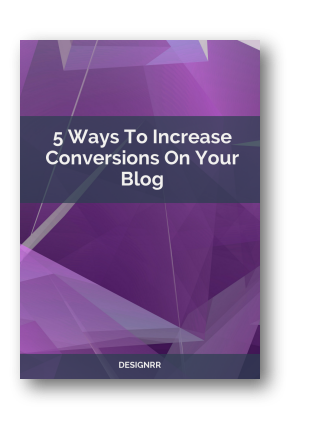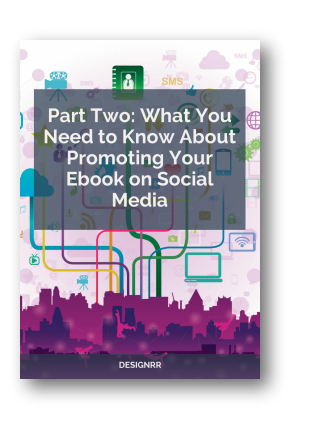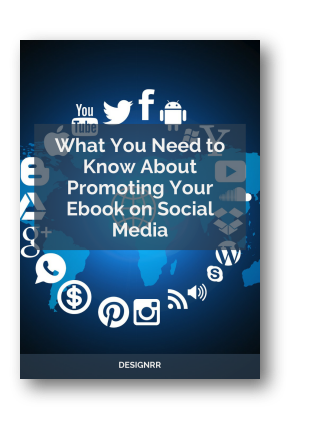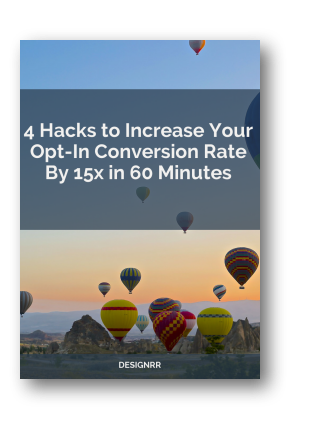Different companies have different marketing tools at their disposal, all of which they use to generate leads. You might use a different method than your competitors, but among those tools, whitepapers and eBooks are the top offers bringing positive results in marketing.
In fact, according to research from Demand Gen Report, 51% of B2B buyers use content during their research process to decide whether to make a purchase or consider a service. The report further shows that, of those buyers, 82% read whitepaper and 67% download eBooks before making a purchasing decision. That is a good enough reason to show how whitepapers and eBooks are very crucial in marketing and especially in boosting lead and helping prospects through the buyer’s journey.
What is the best way to distribute your content to your audience?

The truth is, there are many ways to distribute content today. However, if you are not using whitepaper or eBooks that can take your content to the next level, you might want to start soon. Understanding the difference can help you decide which option is more suitable for your potential customers.
Do you have an idea of what separates the two? Which is the best option? Whitepapers or eBooks? If you are not sure what option is suitable, then keep reading because this piece has everything you need to make a sound decision. Ready?
| Aspect | Whitepapers | eBooks |
|---|---|---|
| Definition | Persuasive, authoritative, in-depth report on a specific topic addressing and solving a problem. | Digital book filled with illustrations and quick takeaways focusing on educating readers. |
| Content Length | 1000 to 3000 words | Varies, generally shorter and more concise than whitepapers. |
| Purpose | Provide detailed industry analysis, thought leadership, and build trust. | Engage prospects, provide straight-to-the-point content, and convey messages visually. |
| When to Use | – When providing detailed industry analysis. – Educating the audience. – Building trust. |
– When more straightforward information is required. – Engaging prospects. – When visuals help convey the message. |
| Creation Steps | – Pick a relevant topic. – Use credible sources. – Structure logically. – Make visually appealing. – Distribute research to target audience. |
– Research a relevant topic. – Outline each chapter. – Design with brand-aligned elements. – Conclude with a call-to-action. – Use engaging and visually satisfying formats. |
| Strengths | Detailed solutions, establishes authority and trust. | Visually appealing, easier to digest, boosts engagement. |
| Best For | Generating leads, becoming an industry thought leader, distributing detailed research. | Introducing new concepts, simplifying difficult topics, and enhancing lead generation through engagement. |
| Example Resources | Link to create a whitepaper for a marketing agency. | Link to an example eBook, guide on eBook creation and promotion tools. |
What is a white paper?

A whitepaper is simply a persuasive, authoritative, in-depth report on a specific topic that represents a problem, then solves it.
Often, they are used to bring up relevant industry issues and always show how a product of services provides a solution to an existing problem.
Basically, whitepapers contain expert knowledge alongside in-depth research. And it is for this reason they are seen as educational resources that encourage readers to look further into the resolution provided, thus generating leads.
When to use a whitepaper?
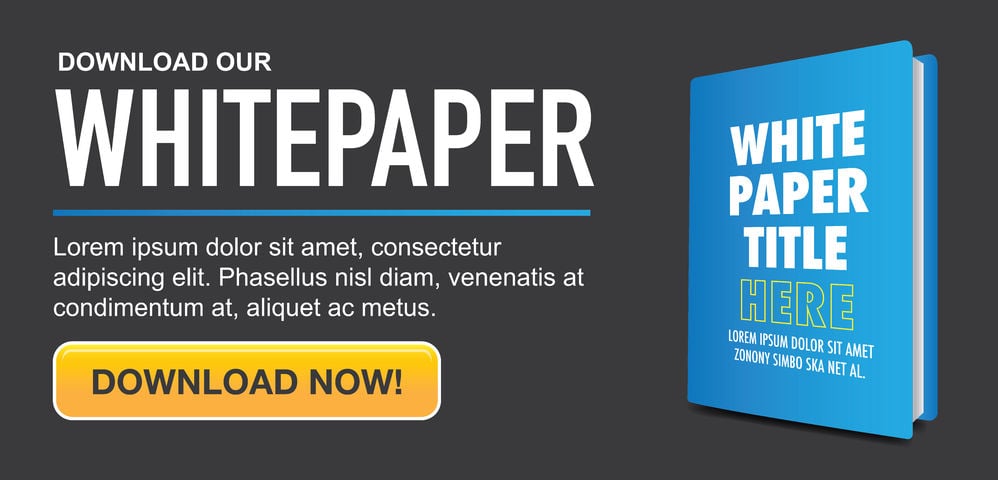 There are times when using a whitepaper is appropriate. Below we take you through such times when it is perfectly ok to use a whitepaper:
There are times when using a whitepaper is appropriate. Below we take you through such times when it is perfectly ok to use a whitepaper:
- When you want to provide detailed industry analysis and thought leadership
The length of whitepapers makes them suitable when you want to provide a thorough analysis. Often, whitepapers are usually between 1000 to 3000 words. This means they have more than enough space to detail about any product or services after research.
Basically, coming up with an analytical piece of content places your brand in a position where it is viewed as a thoughtful leader in the industry. According to Demand Gen Report, 96% of those surveyed stated they want more insights from thought leaders and experts in the content they read. Luckily, whitepapers come in handy in helping companies showcase their industry knowledge.

- When you want to educate your audience
Visitors will come to your site for a reason. They are there to look for information about what you do, what you offer, and so on. Making sure they can access information that will convert them into paying customers is very crucial.
Whitepapers allows you to answer every question your visitors are likely to have by providing them with the information they came to find to your brand to find.
- When you want to build trust
Building and keeping customer trust is not always as simple as it seems. In fact, it becomes even harder to build trust when people sense you are more focused on selling a product or service than to offer long-lasting solutions to existing problems.
So how do you build trust using whitepapers? It is simple. You just showcase your expertise and knowledge by offering detailed analysis and thought leadership to your prospects. By simply doing that, your prospects are more likely to view you as a reliable source of information and return to you for future needs.
How do you create a whitepaper?

The first and most crucial step is to pick a topic that you have deep knowledge in, while also keeping your target audience in mind. Here is how you find that topic:
- By speaking with the sales representative to see what prospects are concerned with the most.
- By following key influencers on social media to see what everyone’s talking about.
- By paying keen attention to industry trends through subscribing to market reports.
- Through searching your company’s database for commonly asked questions.
- By checking Google Analytics to see if you already have a high-performing piece of content on your site – then reformat that content into a white paper and redistribute.
- By compiling relevant customer or industry data and publishing as a white paper.
How to make your whitepaper as impactful as possible
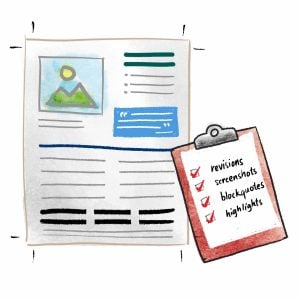
- Pick a hot topic Talk to your sales team, follow industry trends, and dig into your analytics to find what’s buzzing. What questions are your customers asking? What problems are they facing?
- Use credible sources Your whitepaper needs to be rock-solid. Use reputable sources to back up your claims. This isn’t the place for half-baked ideas or unsubstantiated claims.
- Structure it logically Start with a bang (an informative intro that hooks the reader), break up the body into digestible sections, and wrap it up with a conclusion that ties it all together.
- Make it visually appealing Just because it’s serious doesn’t mean it has to be boring. Use charts, graphs, and clean design to make your whitepaper easy on the eyes. Remember, you’re competing for attention in a world of endless scrolling.
You will need a white paper if your goal is to:
- Generate leads
- Distribute research to your target audience
- Become an industry thought leader
Check out this example for more information.
Click the following link for more information on how to create a whitepaper, specifically for a marketing agency.
What is an eBook?
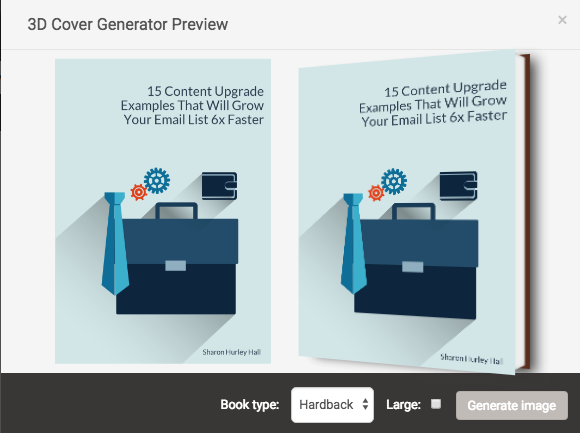
What comes to your mind when you see the word eBook? You probably think it is a specific reference to a story or novel that you can access via an electronic device, right? While this is true, in the content marketing world, an eBook is more than a specific reference. It is a valuable asset.
It is an asset that is filled with illustrations and quick takeaways. Although it resembles a book because it has dedicated pages breaks, helpful design and a table of content, its main focus is to educate readers.
When to use eBooks?
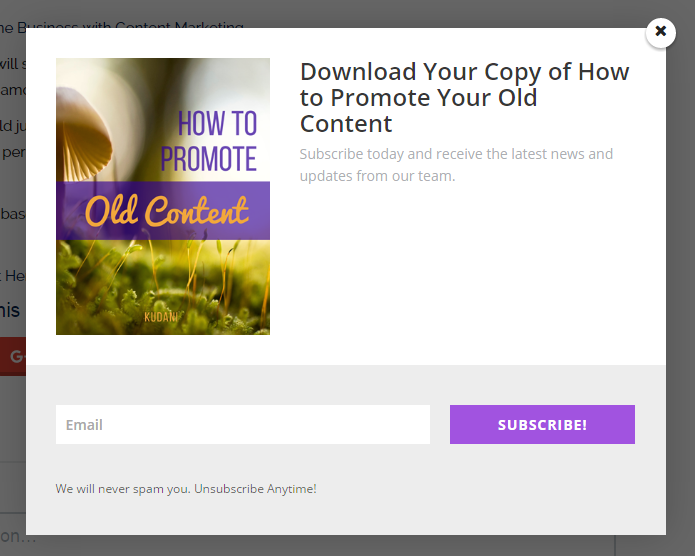
Now let’s have a look at when it is appropriate to use eBooks:
- When you want more straight, to-the-point content
We have seen a whitepaper are an excellent option when you want to provide detailed information. What about when you want to share more straightforward information? If you have more straight-to-the-point information, or you have the information you can break down into smaller chunks, then an eBook is the best tool.
Again, if you know your readers are not ready to read an entire whitepaper, then it is ok to use an eBook.
- When you want to engage your prospects
Sometimes it can be argued that whitepapers equally contribute to providing engagement for readers. While this is true, eBooks play a big role. They help you connect more effectively with your visitors.
In fact, according to Gallup, customers who feel more engaged by a brand are more likely to spend more. That is a good reason to show why you need to focus on boosting engagement. Luckily, eBooks come in handy.
- When visuals help convey the message
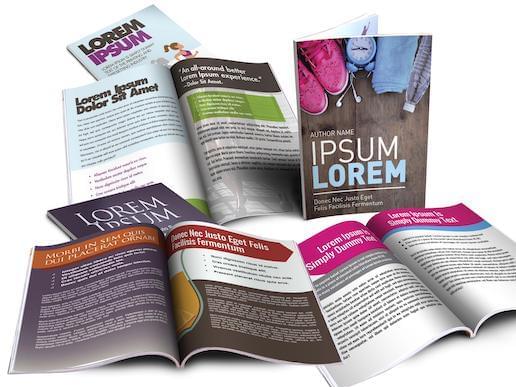
Do you have data or information you want to share in the most appealing way? Or in a manner, that information will grab the attention of your readers? If so, then an eBook is your best bet. Working closely with a design team, you can create an effective eBook and one that will help you stand out from the competition.
In fact, according to QuickSprout, content that contains more images gets 94% more views than content without visual pieces.
How do you create an eBook?
We wrote an amazing guide on How to Make an Ebook in 5 Steps, but for the sake of this article and brief rundown, we’ll show you how you can create your own ebook.
Just like when creating a whitepaper, you need first to research a relevant topic that speaks to your target audience.
We wrote an article on How To Write an eBook in 7 Steps if you want to learn in-depth.
Next, you outline each chapter of the book where you incorporate industry information, data, statistics and quotes that are related to the story you are trying to tell.
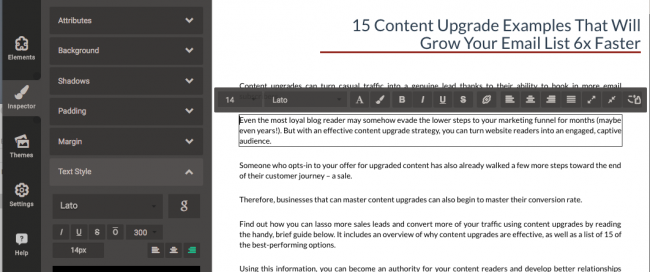
Then you move to the design process where you decide which color, images, graphics and so on that work for you. Below are some considerations to keep in mind:
- Use fonts, colors, and illustrations that align with your existing brand.
- Decide whether custom illustration or still photography best conveys your message.
- Use metaphorical language or data points in the copy to inform design cues.
- Try to keep each unique concept to its own page for better flow.
- Create a branded front and back cover page.
If you need help creating an ebook, try Designrr ebook creator.
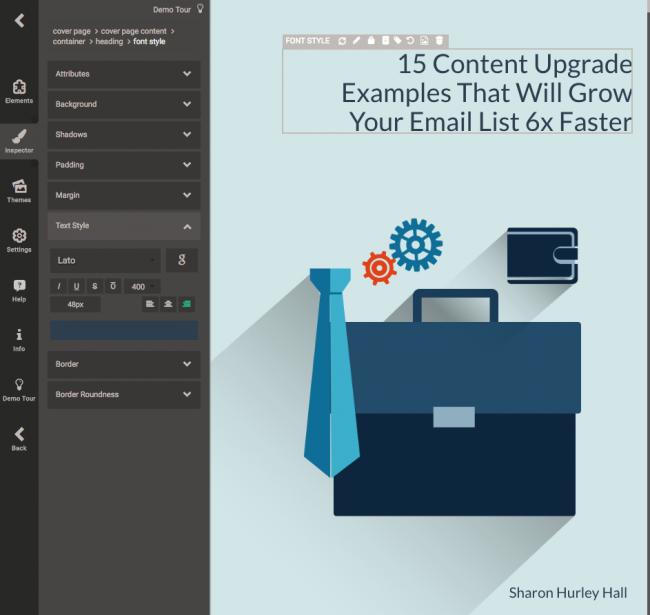
Finally, you must come up with a catchy conclusion. Unlike a whitepaper, an eBook is an excellent asset when you want to engage your prospects. So consider ending with attractive and catchy words like “For more information, contact us today.” In other words, it is ok to include a call-to-action or a clear advertisement when wrapping up your eBook.
You will need an eBook if your goal is to:
- Boost lead generation.
- Introduce your audience to a new concept or service.
- Provide information in a visually satisfying way.
- Turn a difficult topic into something that’s easier to comprehend
Here is a good example of an eBook you can go through.
Want to learn How to Promote your eBook?
Or want help deciding which ebook software is right for you?
Conclusion
There’s no universally right or wrong choice between whitepapers and eBooks. Your decision should be based on your specific goals:
- If you aim to provide detailed solutions to existing problems, a whitepaper is often the best option.
- If you’re looking for a more creative and visually appealing way to present information to your readers, an eBook might be more suitable.
Both whitepapers and eBooks are excellent marketing tools, each with its own strengths. Understanding when to use each format can significantly enhance your content marketing strategy and help you connect more effectively with your target audience.
For more information on creating and using whitepapers and eBooks in your marketing strategy, consider exploring resources on digital marketing whitepapers, ebook creation tools, or consulting with a content marketing specialist.
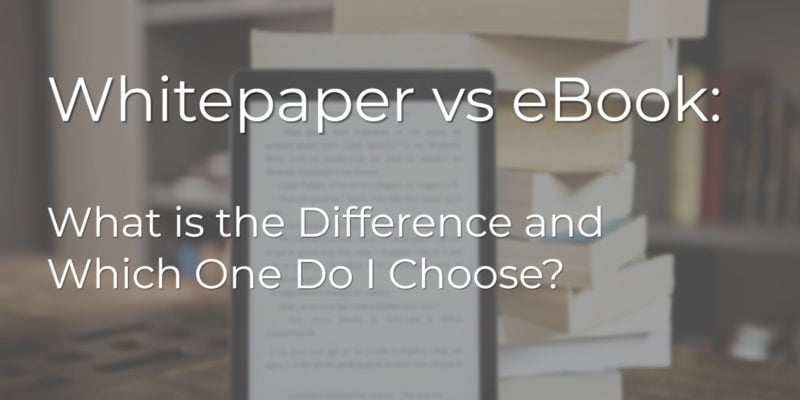
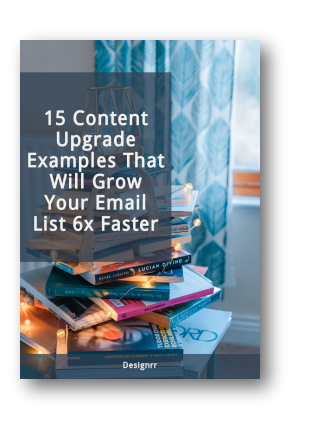
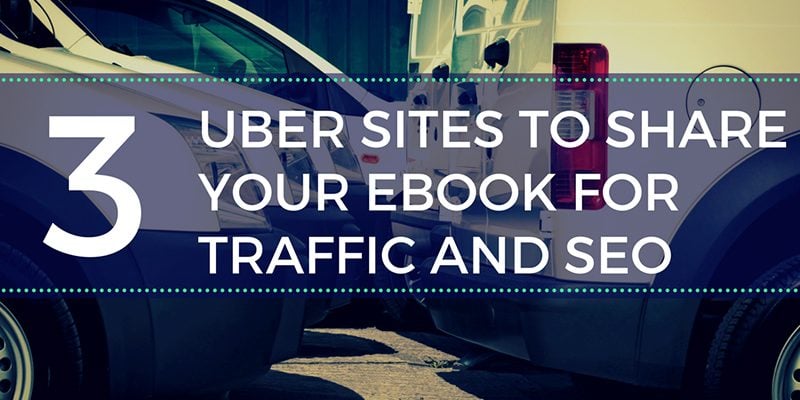
![A Full Guide to Buyer Persona + [Template]](https://designrr.io/wp-content/uploads/2019/11/A-Full-Guide-to-Buyer-Persona-Template-800x400.jpg)
